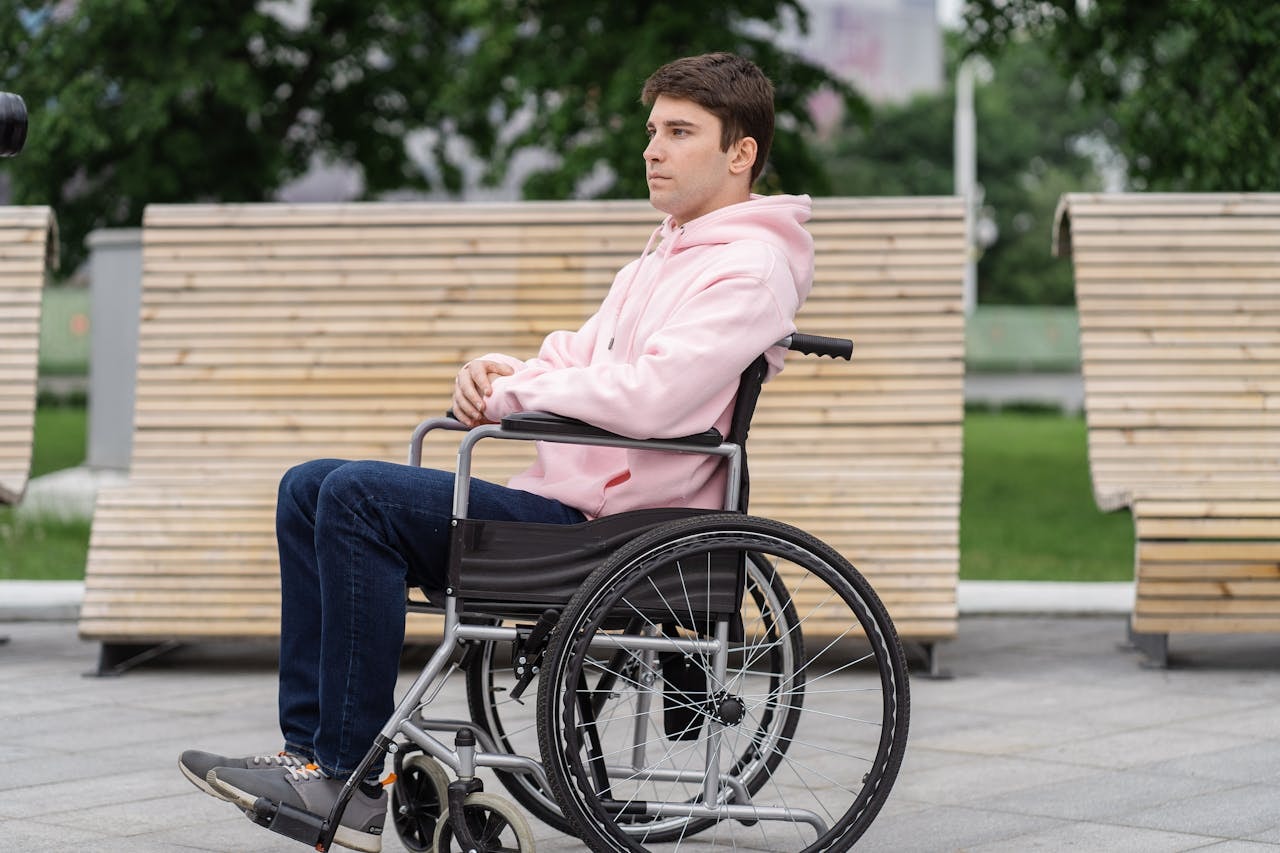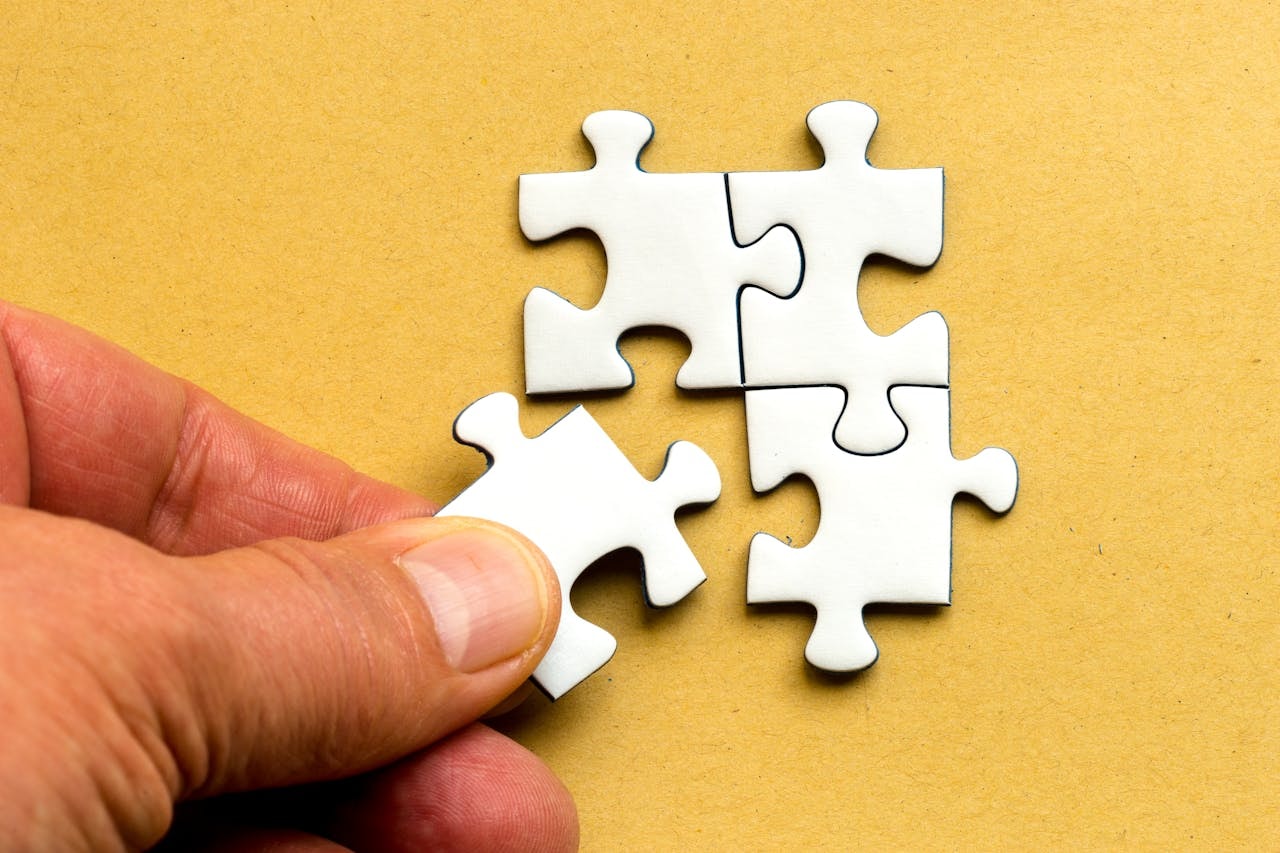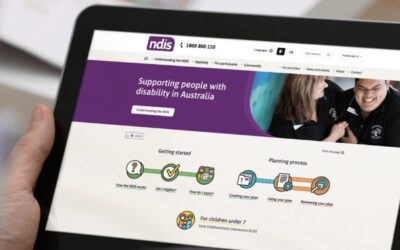
Want to know more about NDIS Capacity Building?
Navigating your way through the national disability insurance scheme (NDIS) can feel overwhelming at first. With so many support categories, budgets, and terms like “capacity building” and “core supports budget” floating around, it’s easy to get confused. But don’t worry—we’re here to break it all down in plain English, with a touch of humanity and a dash of fun.
Whether you’re just starting with your NDIS plan or looking to make the most of your capacity building supports budget for ndis participants , this guide will walk you through how it all works, what supports are available, and how to make your plan work for your everyday life.
What is NDIS Capacity Building?

Capacity building is a category of NDIS funding aimed at helping participants become more independent and achieve their personal goals. It differs from the core budget, which covers day-to-day supports like personal care, self care activities, and daily living tasks. Instead, the capacity building budget is a fixed amount allocated to specific capacity building categories support categories.
But what makes it truly powerful is its long-term impact. It’s not just about managing life today—it’s about creating the life you want tomorrow. From learning to travel independently using public transport training to joining classes that improve your social skills, capacity building supports are designed to help you in developing skills and build the tools you need for a more fulfilling and autonomous future.
Unlike core supports, which are flexible in how they’re used, capacity building funding must be directed toward specific outcomes aligned with your goals. Whether it’s increasing your involvement in community activities, improving your mental health, fund supports or getting into further education, each funded support is targeted and strategic.
This funding enables you to work with a range of allied health professionals—like occupational therapy, speech therapy, and psychologists—as well as planners, trainers, and support workers to improve your capabilities across life domains, including the use of assistive technology .
Ultimately, capacity building is your opportunity to focus on growth, to gain new life experiences, and to participate in your community more confidently.
The Three Support Budgets of the NDIS
Understanding how your NDIS funds are structured is key to making the most of your plan. The National Disability Insurance Agency (NDIA) organises your NDIS budget into three main components, each playing a unique role in supporting your lifestyle and goals. These categories ensure that your needs today are met while also investing in your growth for tomorrow. Here’s a deeper look at each one:
1. Core Supports Budget
This is the most flexible part of your NDIS plan. The core supports budget helps you with tasks and services that are essential to your everyday life. This includes assistance with personal care, household chores, transportation, and community participation. Whether it’s helping you get out of bed in the morning or supporting you during a social outing, these supports respond to your current disability related needs. The core budget can be used across different areas, giving you some discretion to move funding where it’s needed most—perfect for covering self care activities and recreational activities as they arise.
2. Capacity Building Supports Budget
This is where the real transformation begins. The capacity building supports budget is dedicated to helping you build skills, independence, and resilience. Unlike the core budget, this funding is allocated to specific capacity building support categories such as support coordination, mental health, improved daily living, finding and keeping a job, and more. These funds must be used within their designated categories and aim to help you with developing skills, participating in lifelong learning, and engaging in meaningful community activities.
3. Capital Support
This part of your plan covers significant investments in your physical environment and tools that assist your mobility or communication. The capital support budget is typically used for items that require specialist assessment or quotes. It includes assistive technology, home modifications, and vehicle modifications that enable you to live more independently. Whether it’s installing a wheelchair ramp, funding a communication device, or upgrading your mobility aids, this category is crucial to your current disability related living conditions.
What Can Capacity Building Funding Be Used For?

Your capacity building funding is split into multiple support categories, which you can choose to be self managed each designed to target a specific area of your life.
Support Coordination
A support coordinator helps you understand and use your plan, connect with services, and coordinate your support hours. They also assist during your planning meeting for plan management , ensuring your needs are fully represented.
Improved Daily Living
This category includes therapies like occupational therapy, speech therapy, and diet advice to help with daily life skills. These supports can also include self care activities, goal setting, and skill acquisition to make life more manageable.
Increased Social and Community Participation
Helps fund social and recreational activities and skill-building to boost your social skills and civic participation. This might include learning to catch public transport, joining a drama club, or participating in workshops that increase your confidence.
Finding and Keeping a Job
Supports job-readiness, interviews, and sustaining employment. It might even fund coaching, health and wellbeing further education, or tuition fees for skills training.
Improved Relationships
Covers behaviour support and therapy aimed at helping you develop positive behaviours and build meaningful connections in family, friendships, and the workplace.
Improved Health and Wellbeing
Can fund gym memberships, personal training, mental health support, health and wellbeing programs, and other services under wellbeing cb health.
Improved Learning
Focuses on lifelong learning and can support transitions into further education, preparation for exams, and tutoring support.
Improved Life Choices
Helps with plan management, financial literacy, and making better decisions around your financial aspects.
Improved Living Arrangements
Supports exploring and transitioning into suitable living arrangements. Whether you’re moving out for the first time or looking for supported accommodation, this category has your back.
Extra Tip: Why Public Transport Skills Are Key
Learning to independently use public transport can be life-changing. It expands your community participation opportunities, increases access to community activities, and promotes greater confidence. With capacity building funds, training programs can be funded to support this essential life skill.
Real-Life Uses of Capacity Building Supports
Let’s bring it to life with some real-world examples:
- Aiden, 25, used his capacity building budget to attend public transport training and now travels independently.
- Maria, 33, used her improved daily living category funding for occupational therapy to help with home routines.
- Tariq, 42, joined a local theatre group funded through social and community participation and found new confidence.
- Chloe, 19, funded a Certificate IV in Graphic Design with her keeping a job support category.
These examples show how NDIS funding can make significant, tangible changes in people’s lives when directed strategically.
How Is Capacity Building Different from Core Supports?
While both support your needs, their purposes are distinct:
- Core supports = assistance with current disability related needs.
- Capacity building = investment in long-term skill growth.
Put simply, the core budget helps you cope, while capacity building helps you thrive and grow in confidence.
Can I Use My Capacity Building Budget Flexibly?
Unlike core supports, which are more flexible, capacity building funds are category-specific. You can’t transfer funds from speech therapy to support coordination, for example.
However, a plan manager can help you track and use these funds efficiently, ensuring that no dollar goes to waste. They also ensure that you’re following guidelines and staying compliant with your NDIS plan.
Tips for Making the Most of Your Capacity Building Funding
- Be goal-focused: Align your NDIS goals with the capacity building categories.
- Engage a support coordinator: They’ll help you navigate your plan.
- Track usage: Regularly review your plan funds.
- Stay proactive: Adjust your supports as your needs evolve.
- Document everything: Keep records of therapy reports, invoices, and progress to justify future requests for similar supports.
Choosing the Right Support Worker
Your support worker plays a crucial role in your growth. Whether assisting with community activities, helping with core supports recreational activities, or guiding you through self care activities, the right support worker and a skilled plan manager ensures you feel safe, supported, and empowered.
Look for someone who understands your needs, shares your goals, and respects your independence. At Re.Connect, we connect you with the best-fit professionals.
Getting Started with Re.Connect Support Services
At Re.Connect, we specialise in helping NDIS participants thrive. Our team offers:
- Expert support coordination
- Assistance with plan budget optimisation
- Access to trusted support worker networks
- Goal-setting workshops and community activities
- Tailored guidance for understanding and navigating capacity building support categories
We believe in making every part of your NDIS plan work toward your independence and happiness.
Why Capacity Building is Life-Changing
Think of capacity building not just as funding, but as an opportunity. It allows you to pursue dreams, live more independently, and build lasting skills. Whether you’re learning to cook, take the bus, or re-enter the workforce, this support is about unlocking your full potential.
And at Re.Connect, we’re ready to walk that path with you.
Let’s Re.Connect

Have questions about your capacity building supports, including any challenging behaviours ? Need help with your next planning meeting?
Visit us at https://reconnectss.com.au and let’s make your NDIS journey simpler, stronger, and more fulfilling.


